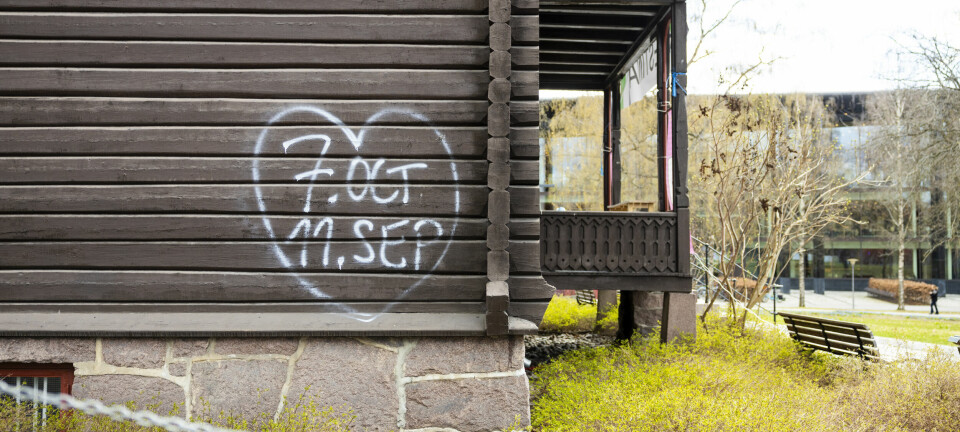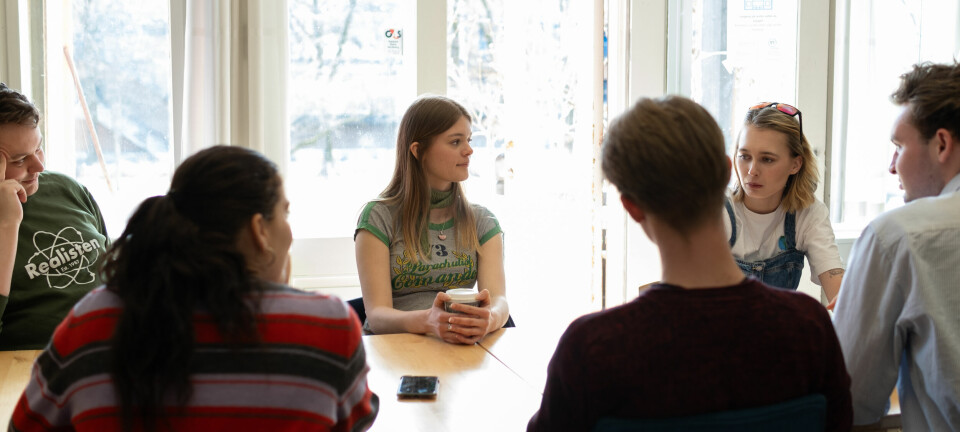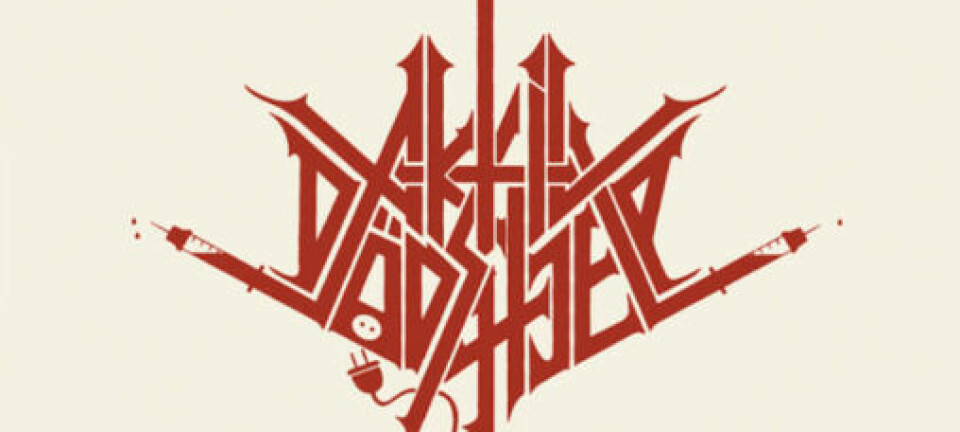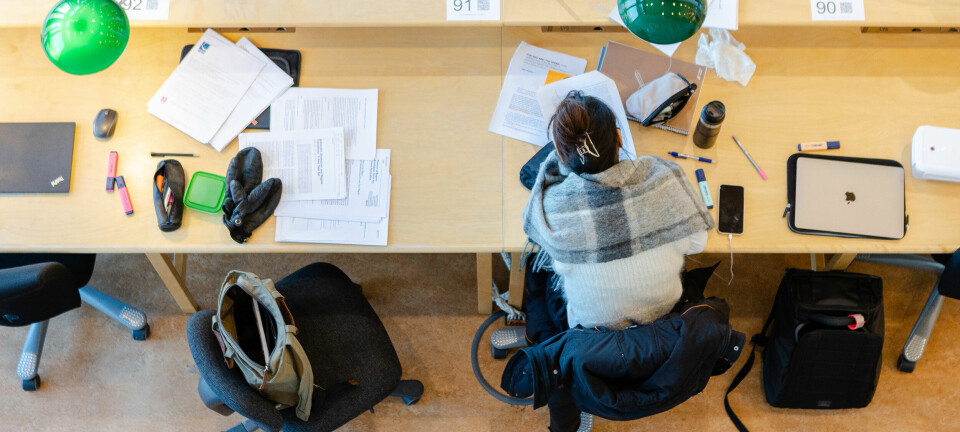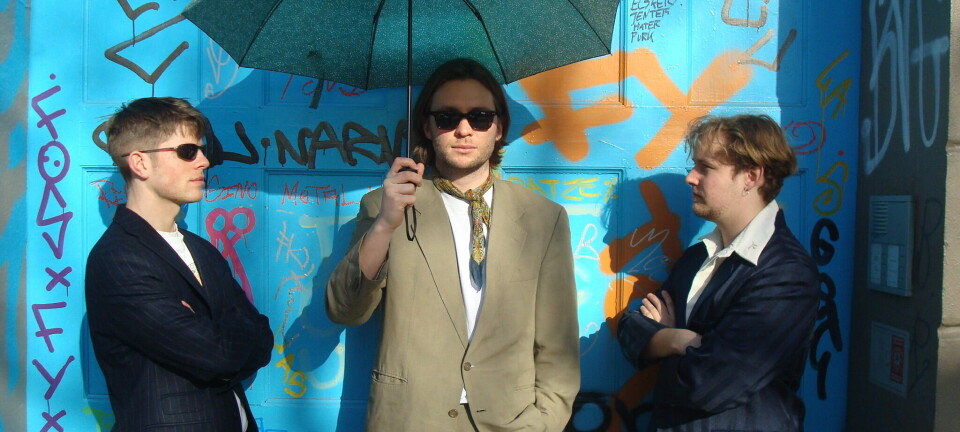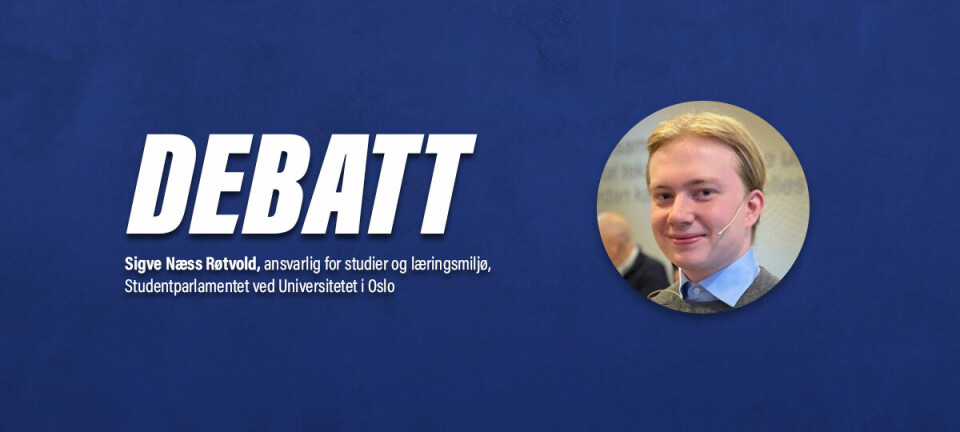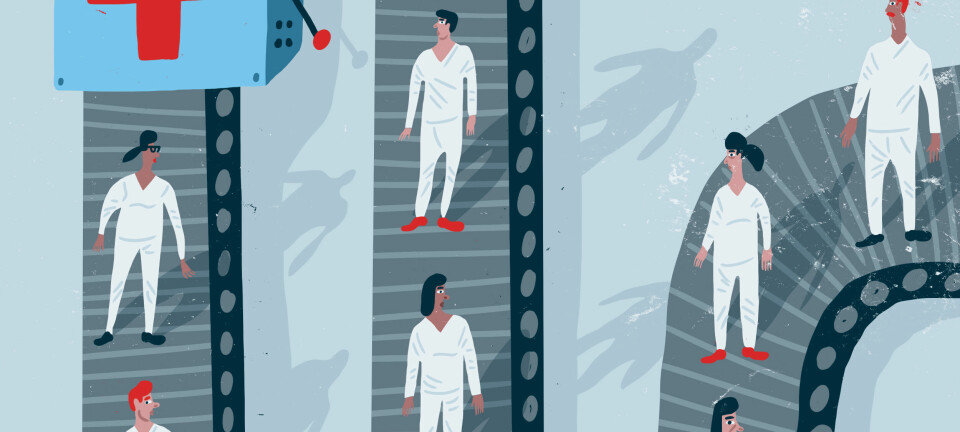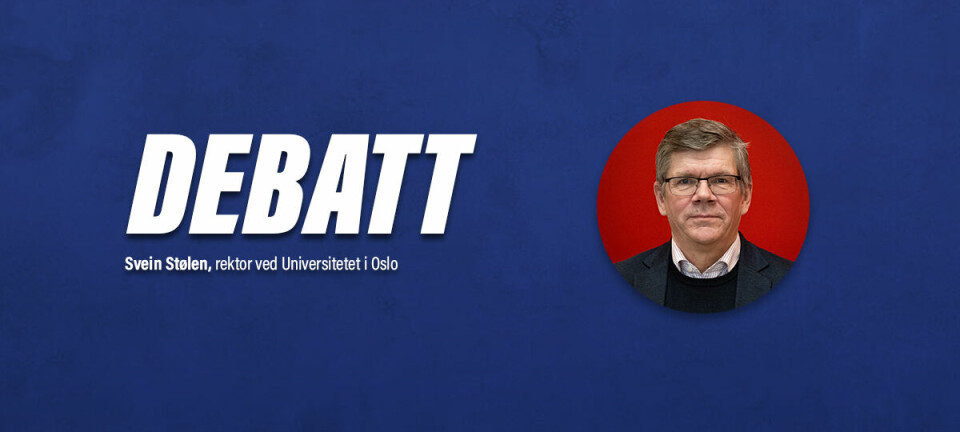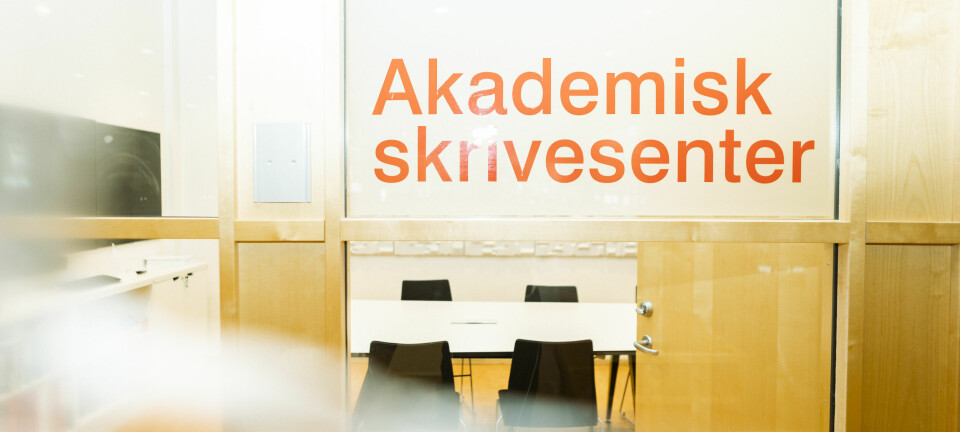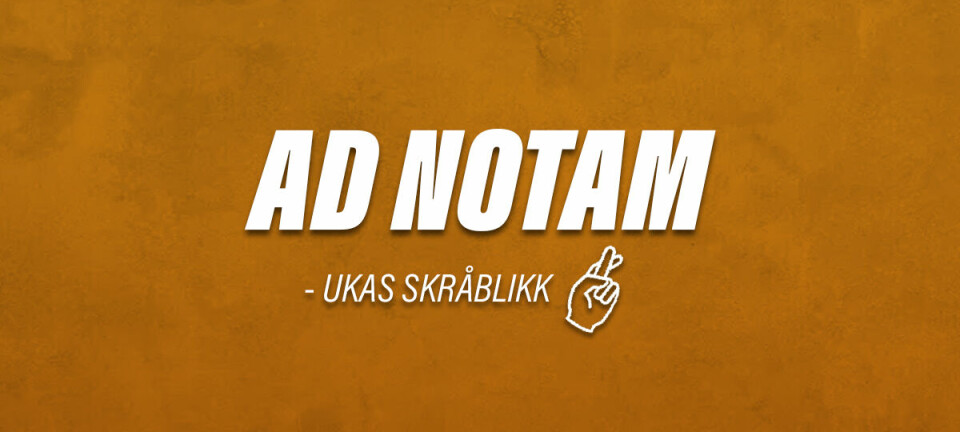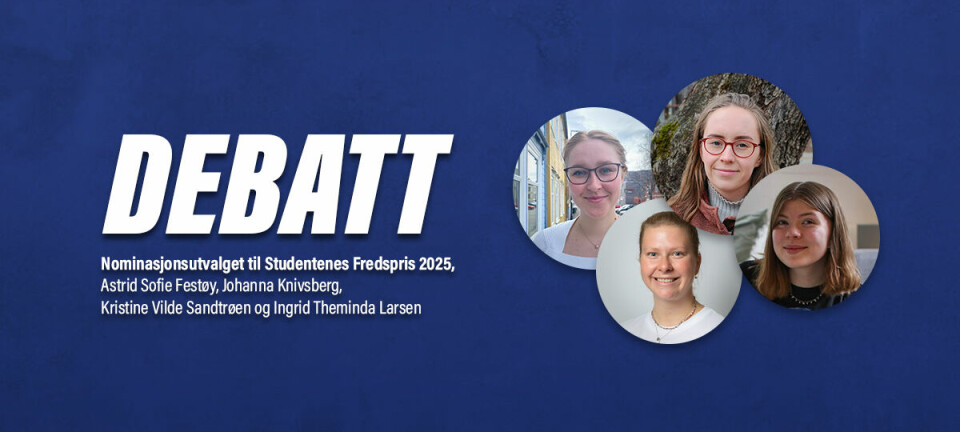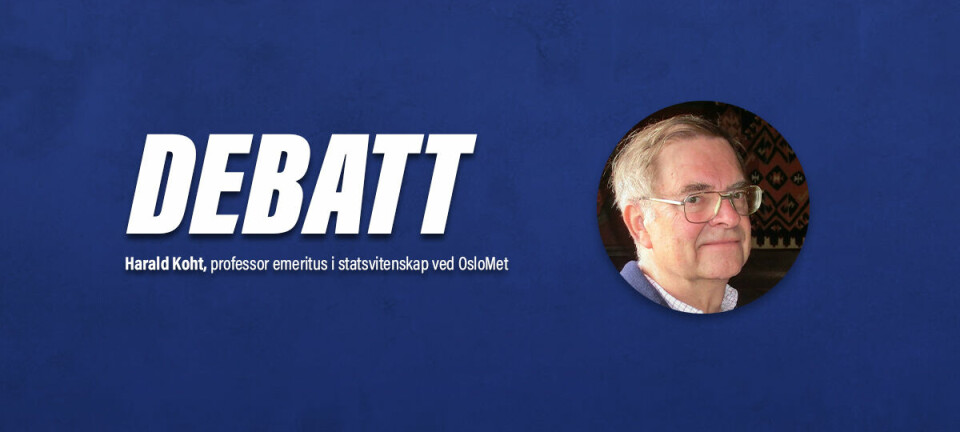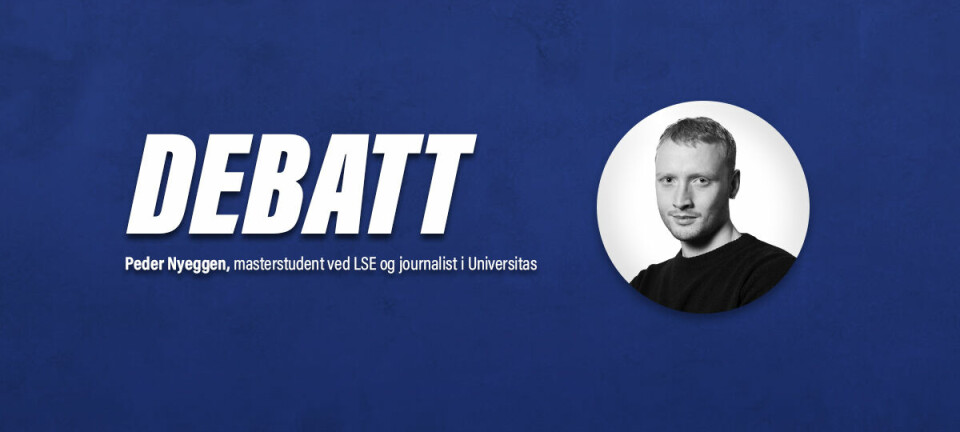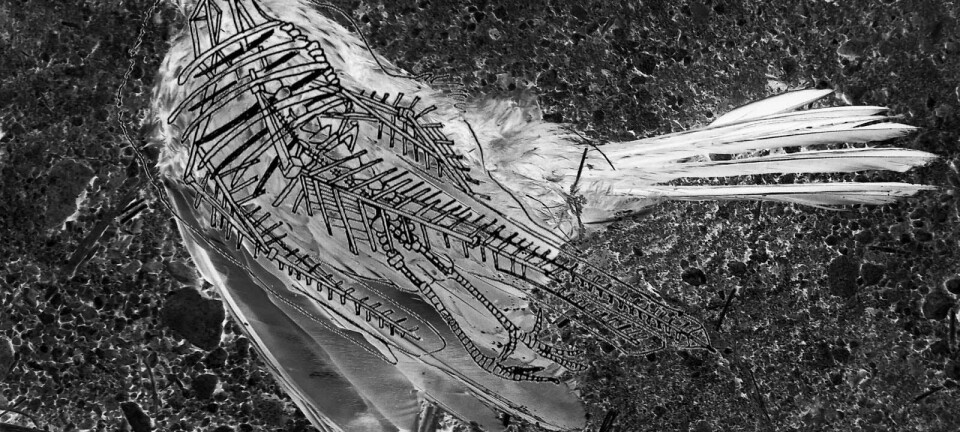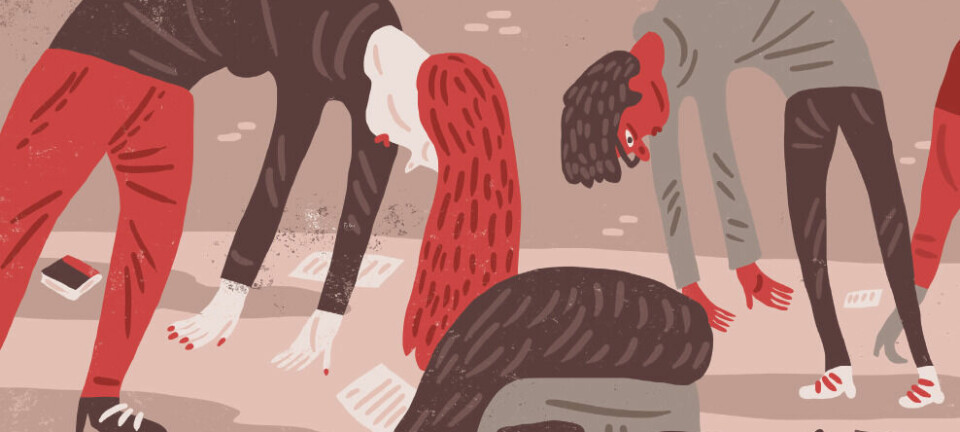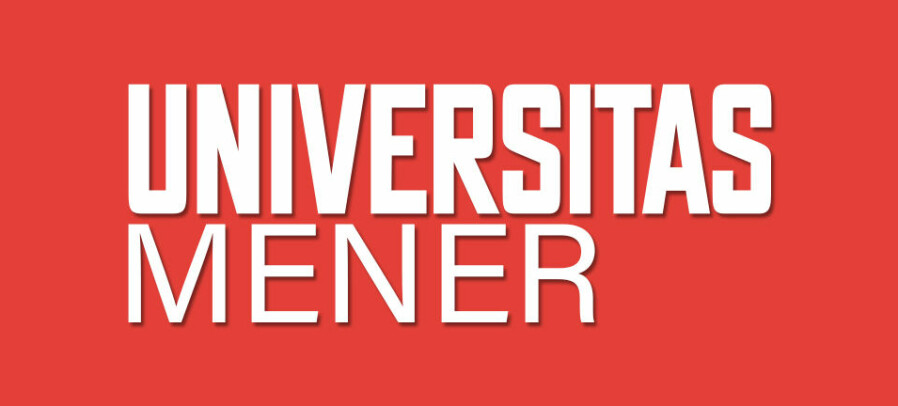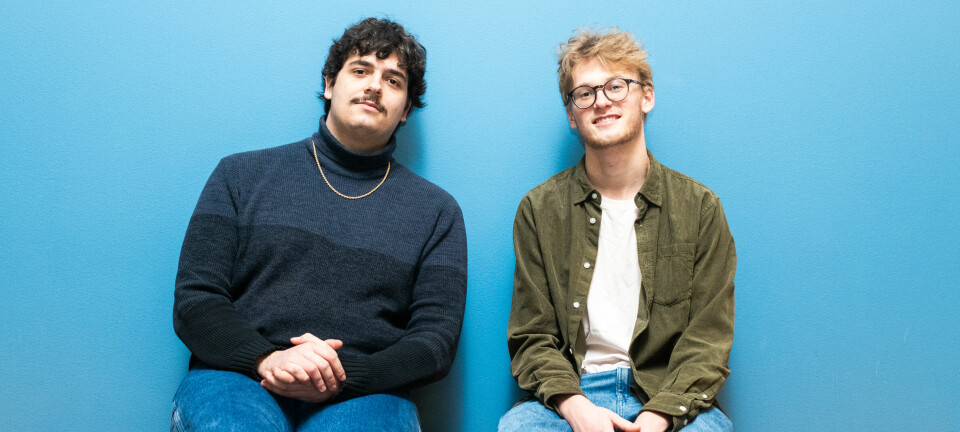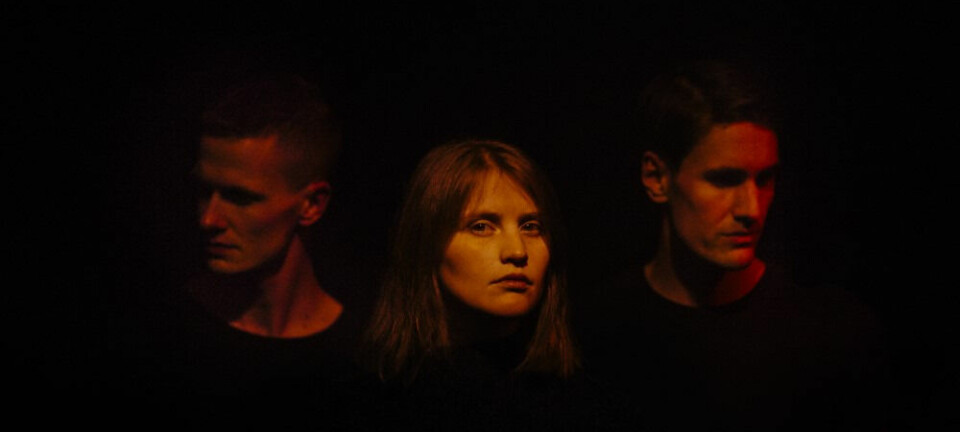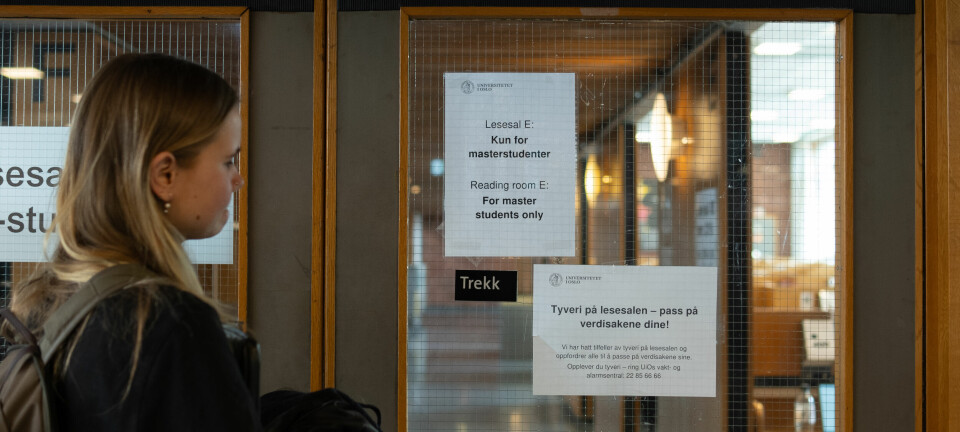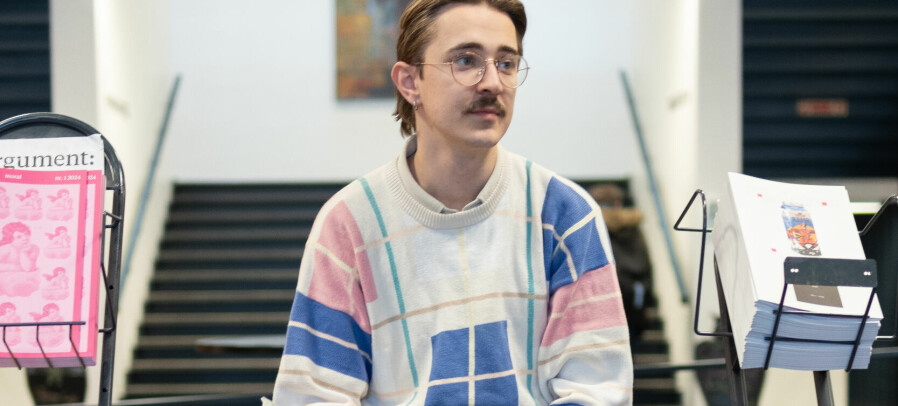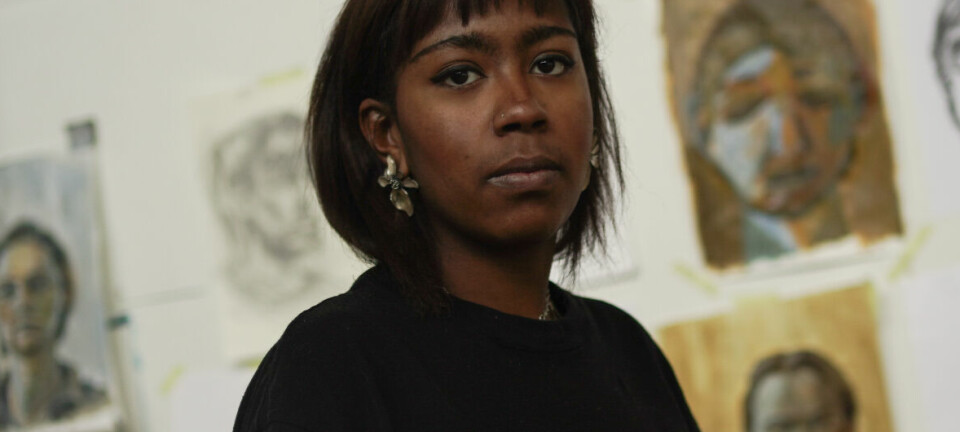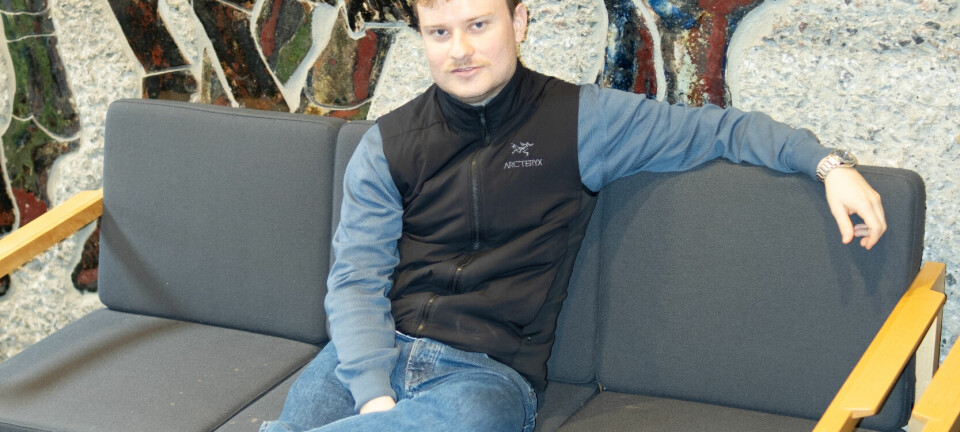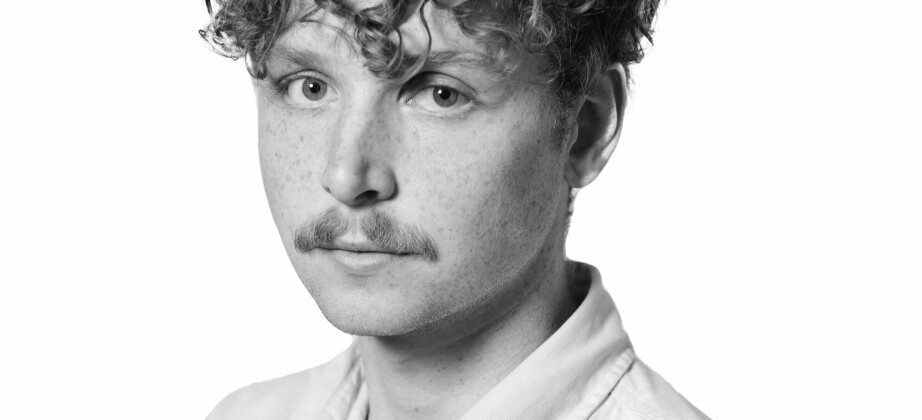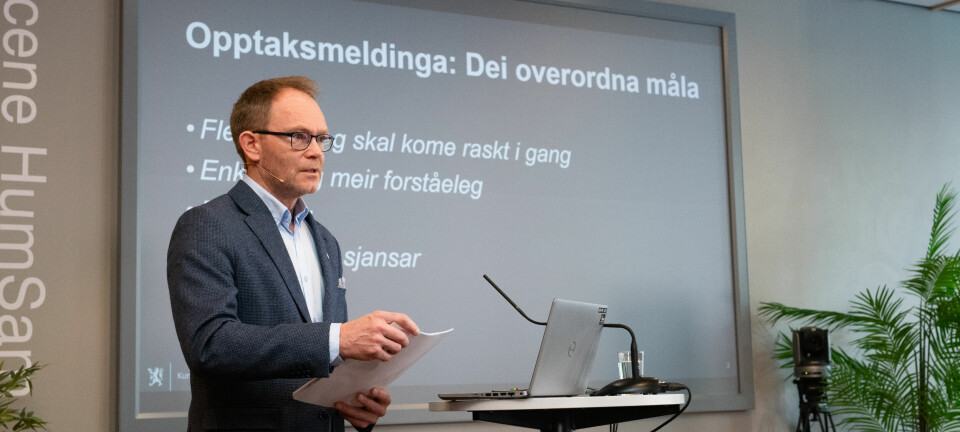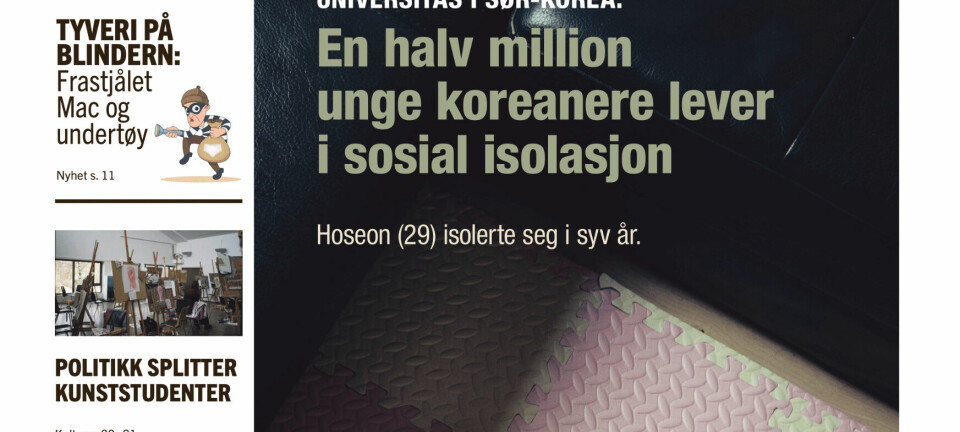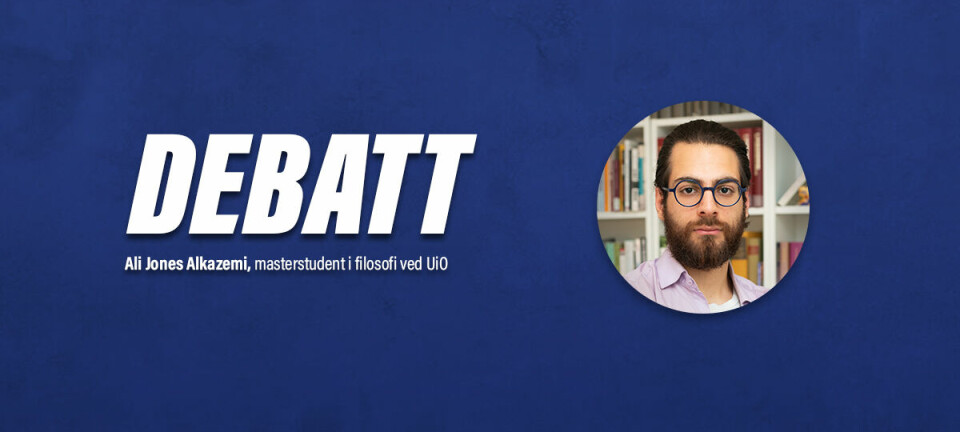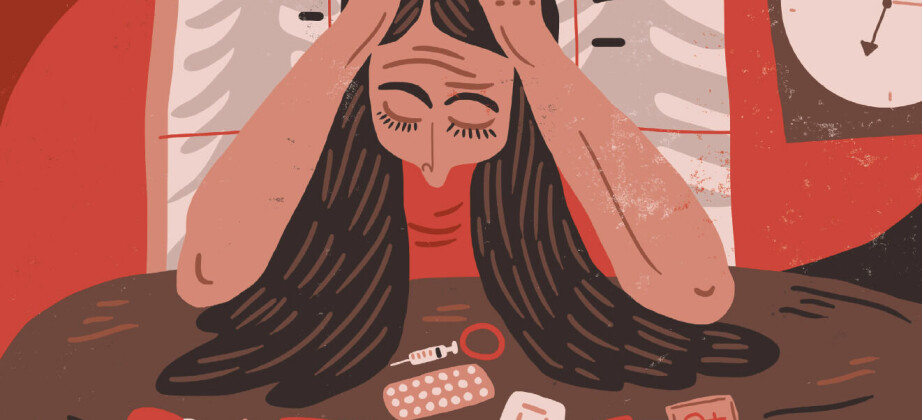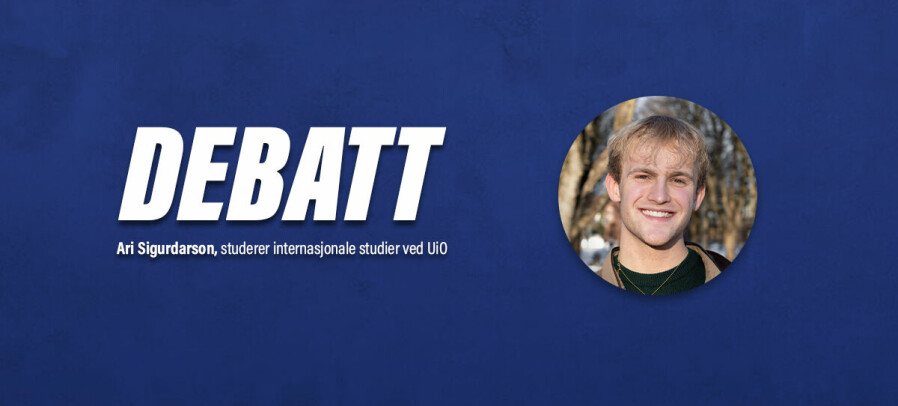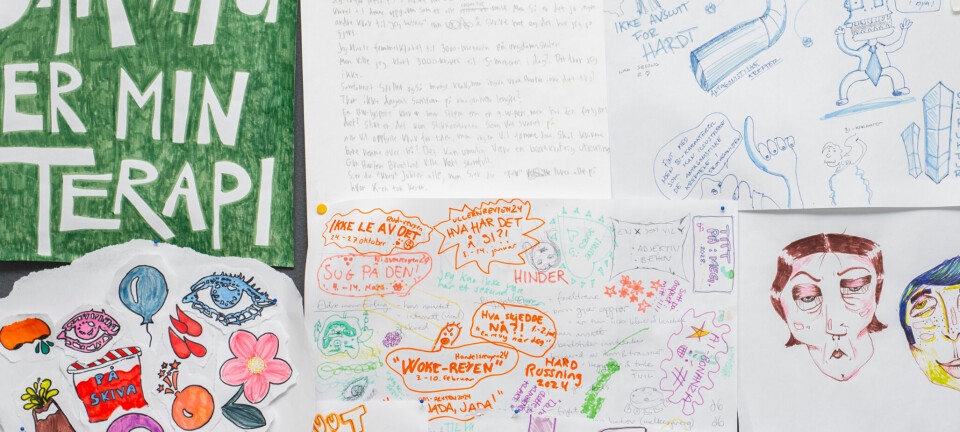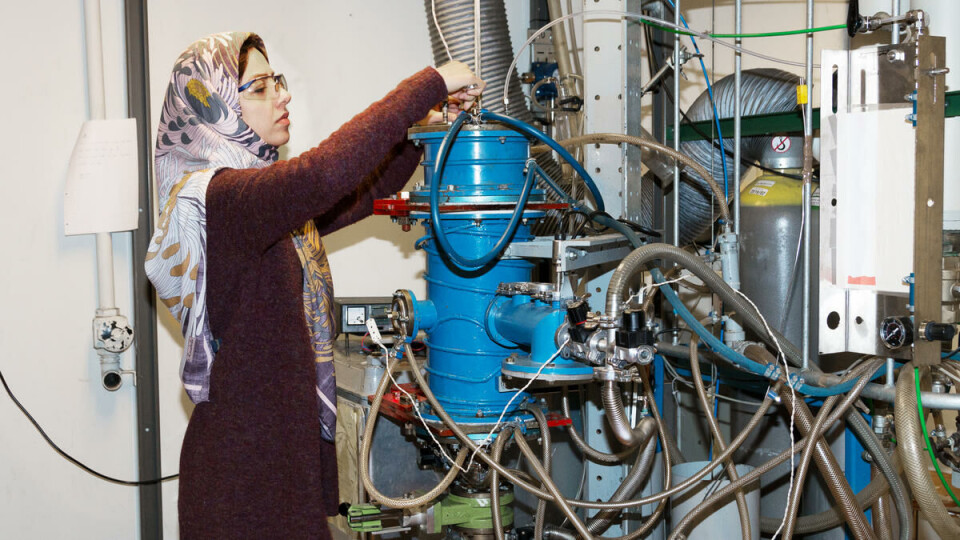
These are the students PST is afraid of
Even though sanctions against Iran have been loosened, PST (the Norwegian Police Security Service) fears that students like Hamideh Kaffash (32) and Babak Khalagi (37) are spying on Norway.
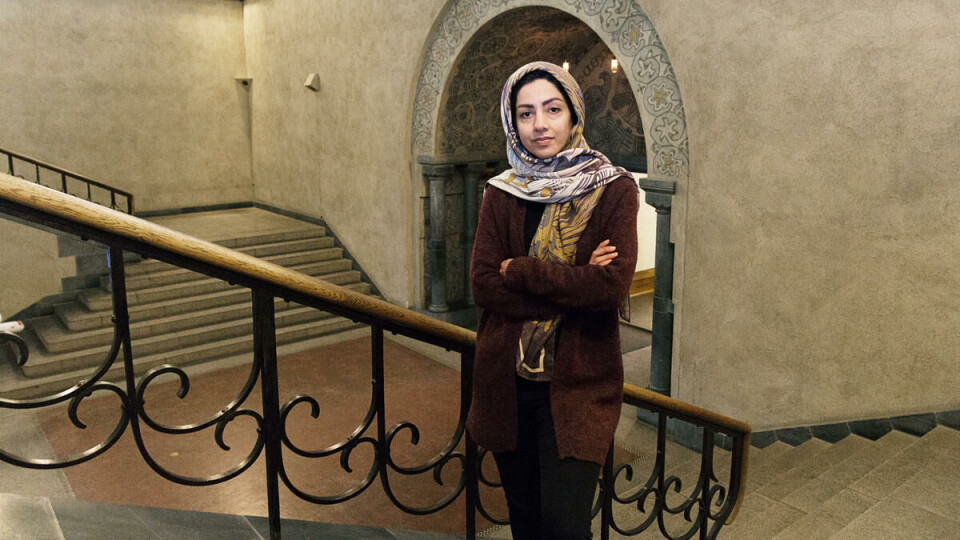
The UN has placed sanctions against Iran since 2006, partly in order to prevent the acquisition of nuclear weapons. The sanctions were loosened after the historic nuclear deal in January 2016, but nevertheless Norway is one of few countries still implementing those policies in academia.
In other words, it’s still very difficult to be an Iranian engineering student in Norway.
In 2015, two PhD students were deported from Norway. The risk was determined to be too high; there was concern they would use their knowledge from the Norwegian University of Science and Technology (NTNU) to further the Iranian nuclear weapons program.
Norsk versjon: Dette er studentene PST frykter
Out to steal information?
PST’s most recent threat assessment for 2017 says that Iran «sees great value in recruiting or placing students and researchers in Norwegian education and research institutions.»
«Iranian government authorities have previously stated that they want to travel to the West to acquire this kind of knowledge. Norway is a technologically advanced country with the expertise to make advanced technological components,» said PST senior advisor Martin Berntsen.
He confirmed that PST is worried about information leaks to Iran.
«We’re constantly working with threats related to information leaks which could be used to develop nuclear weapons,» Berntsen said.
«PST is God»
Hamideh Kaffash (32) is one of the PhD students who got deported. She said she felt like a pariah, guilty until proven innocent in the eyes of both the authorities and her fellow students.
«I had to prove I wasn’t guilty. A lot of Norwegians were convinced I was at fault,» Kaffash said. «PST is God to them, so they thought there had to be something wrong with me. They were completely certain.»
Kaffash believes she was discriminated against based purely on her nationality.
«PST has shown they have made mistakes again and again. My area of expertise has nothing to do with the development of weapons of mass destruction. They took two years of my precious time, for absolutely no reason,» she said.
After her appeal was denied in the Oslo District Court, Kaffash started preparing for a new round in the justice system. PST retracted their decision before the case went to the court of appeal. They justified the reversal by saying the sanctions against Iran had changed.
PST’s treatment of Iranian students has shocked and sobered Kaffash. She was crystal clear on what she wants to do after her PhD.
«I like teaching. I want to go back to my homeland, or at least to a country where I don’t have to worry about suddenly getting an idiotic deportation order.»
«[This] can promote extremism»
Babak Khalagi (37) is the leader of Iranian student organization in Trondheim, and is writing his PhD in material engineering. He has also been contacted by Norwegian government authorities.
«PST never contacted me directly. I got a temporary visa, before UDI [the Norwegian Directorate of Immigration] withdrew it on PST’s recommendation,» said Khalagi.
Looking back, he says that period in 2015 was difficult for the whole Iranian student community. There was widespread concern about the future. Khalagi says the situation was handled unfairly.
«After reading the threat assessment, I hope PST knows what they’re doing, and I hope any measures they implement are effective and precise. Sanctions shouldn’t punish individuals, but rather the Iranian regime,» he said. «Initiatives that are handled badly can promote extremism, and as someone from the Middle East I know that’s the worst thing that can happen.»
«There needs to be increased awareness»
Even though many of the sanctions against Iran have been lifted, there are still several in place. According to PST this is due to «Iran’s continued development and testing of long-range missiles.»
«Iranian students studying at-risk topics are still an issue, but as far as I know there aren’t any cases being addressed at the moment,» said Berntsen. «There still needs to be increased awareness and thorough assessments of Iranian applicants to certain sensitive research areas at a high level.»
In 2011, PST admitted they did not have control over which Iranian students could study technical studies at a higher level. Since then the security apparatus has become involved.
«We have put many preventative measures in place. The various educational institutions also have to take responsibility to look at the background of the students they accept into their programs,» Berntsen explained. PST did not wish to elaborate any further regarding their methods.
